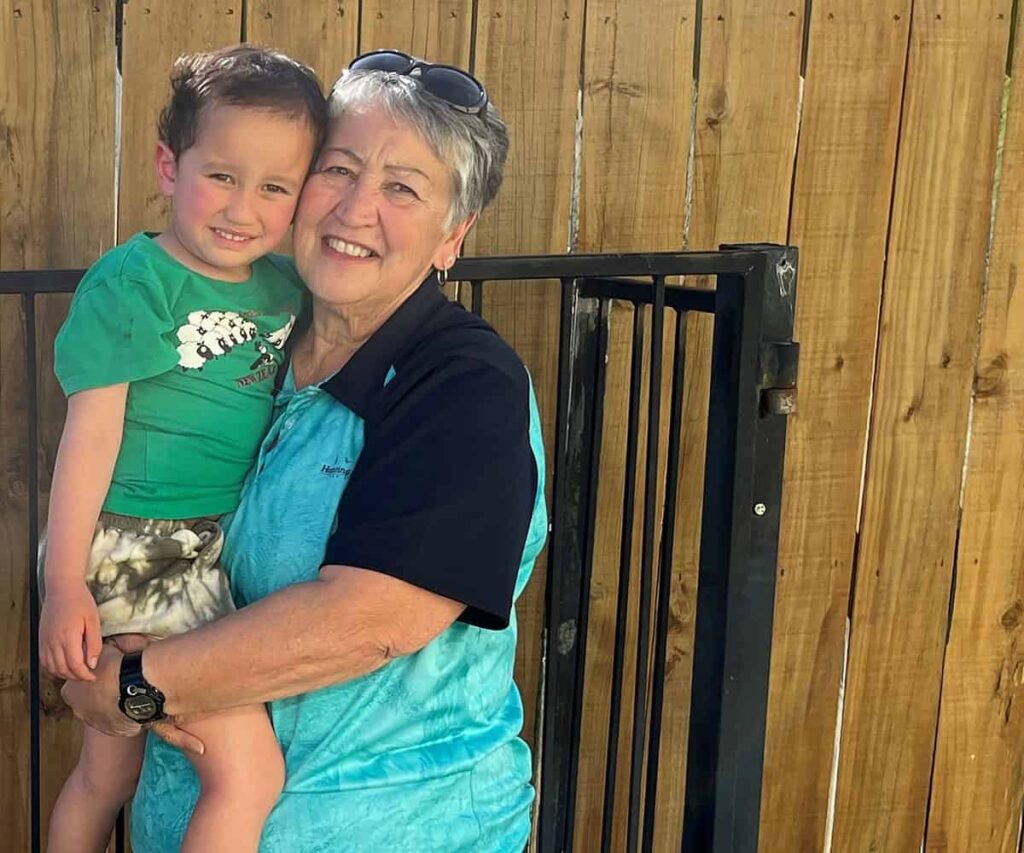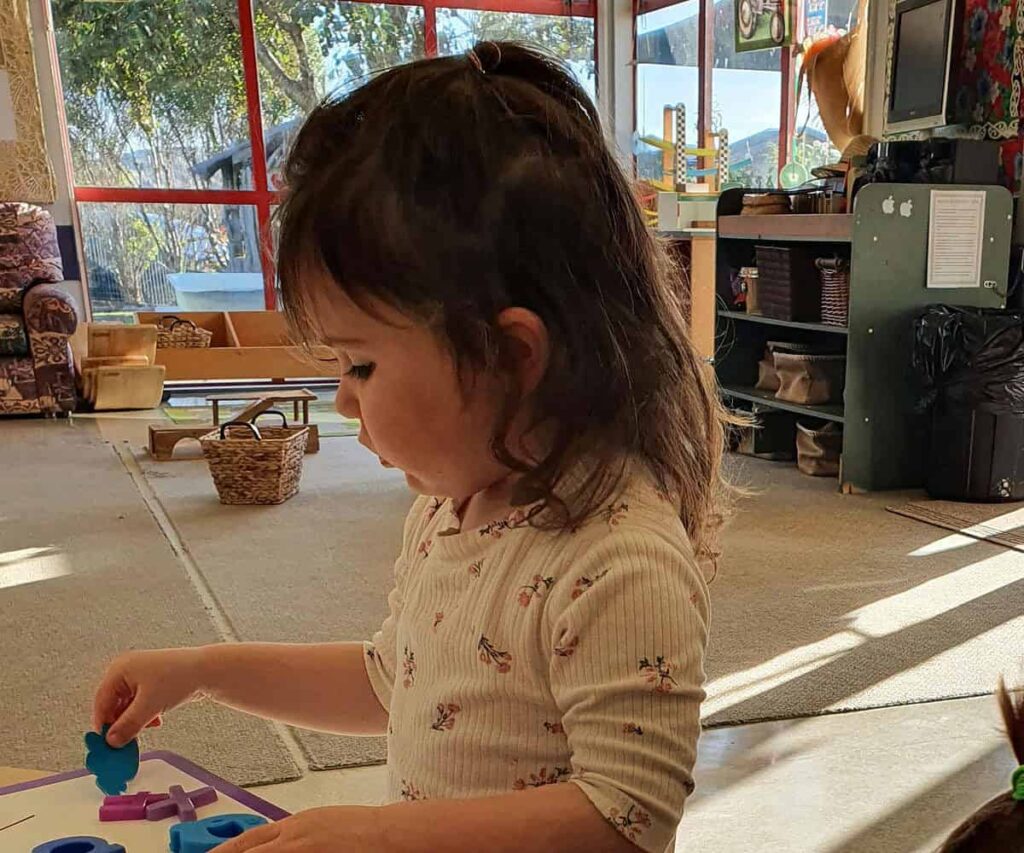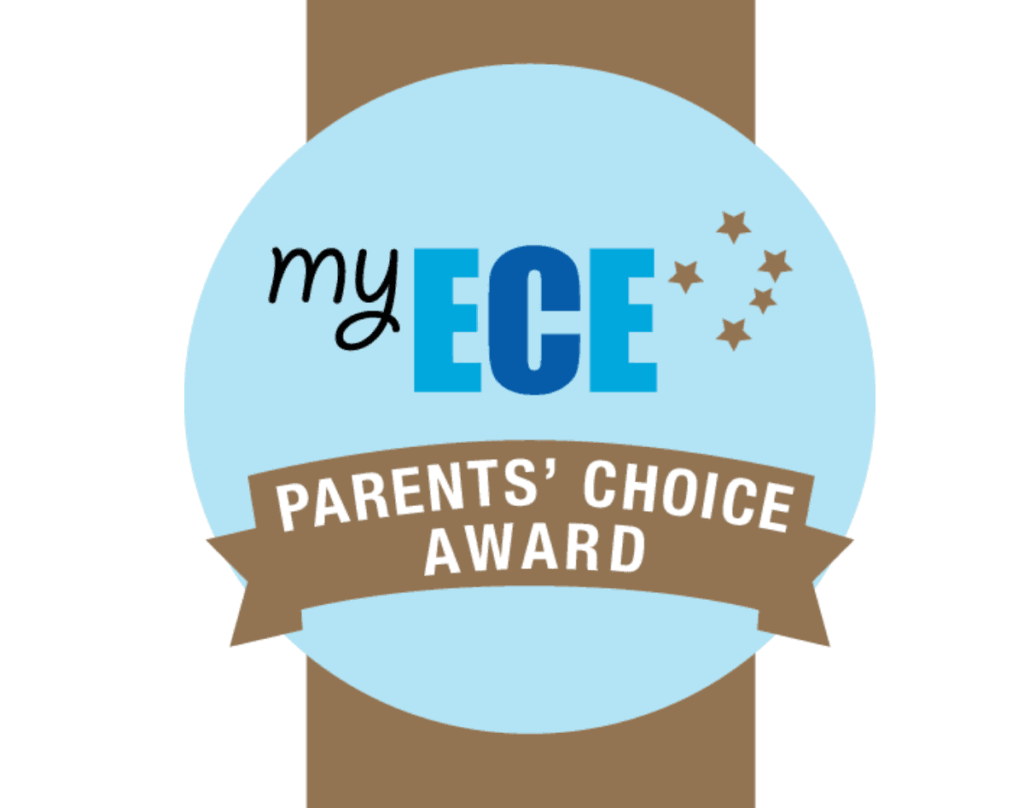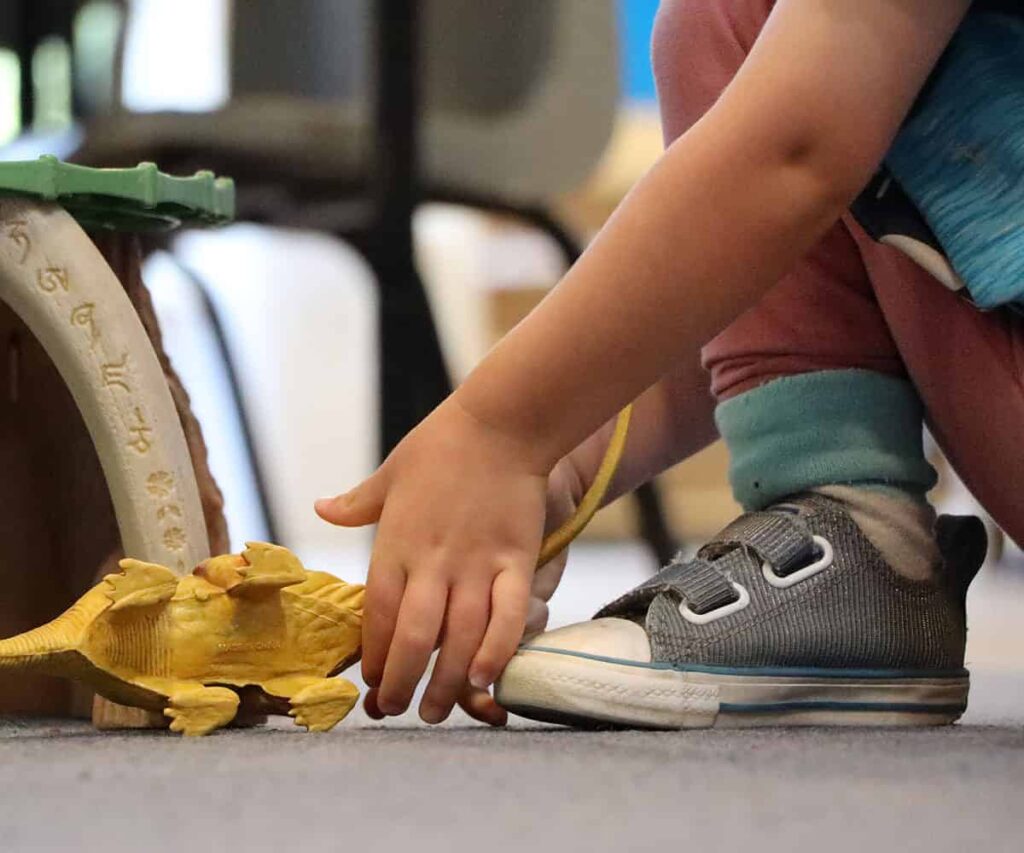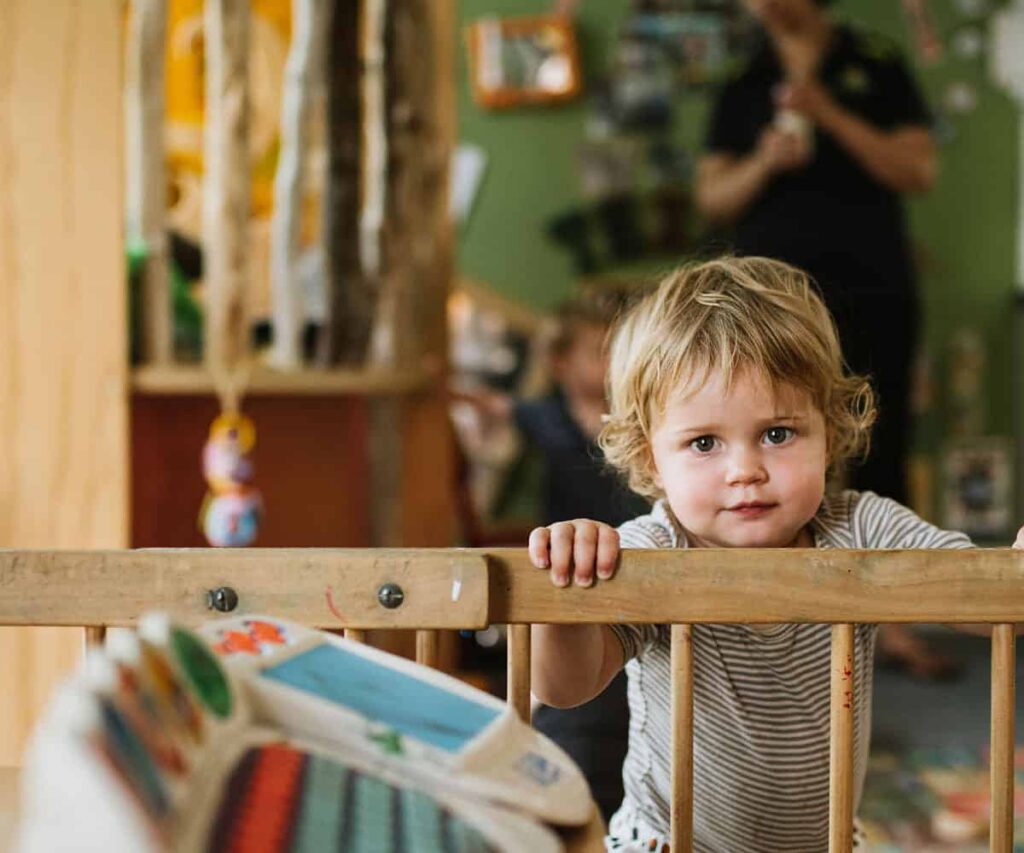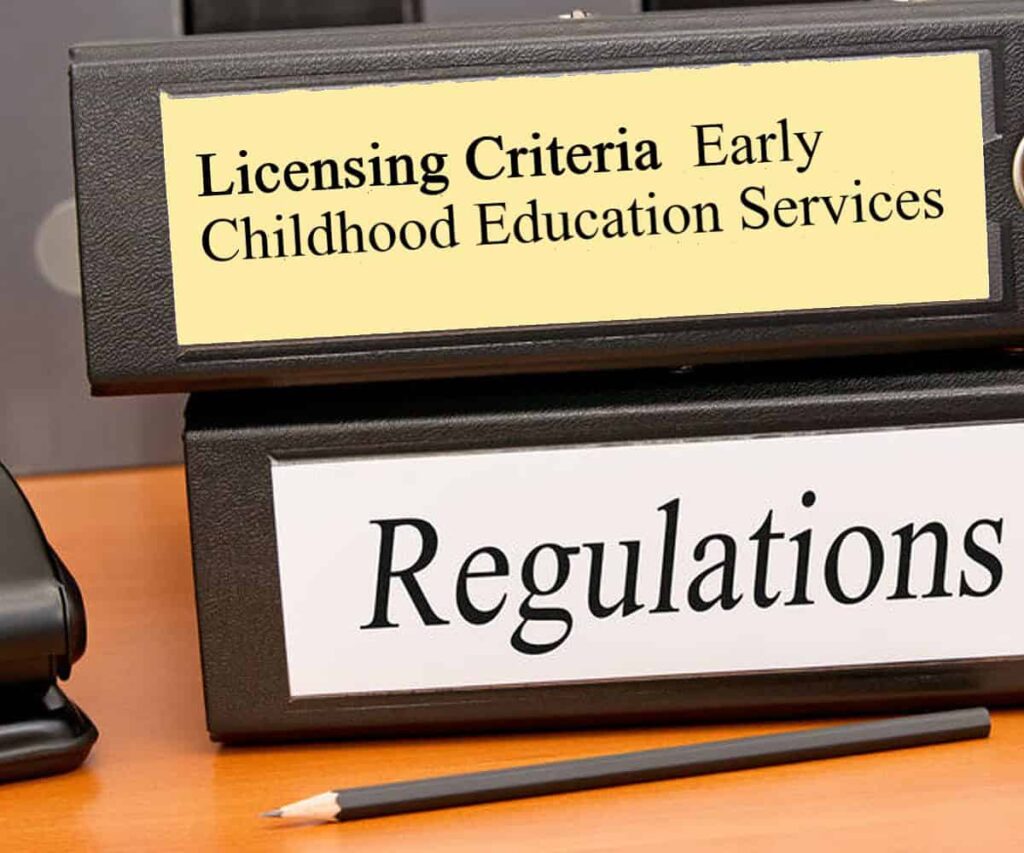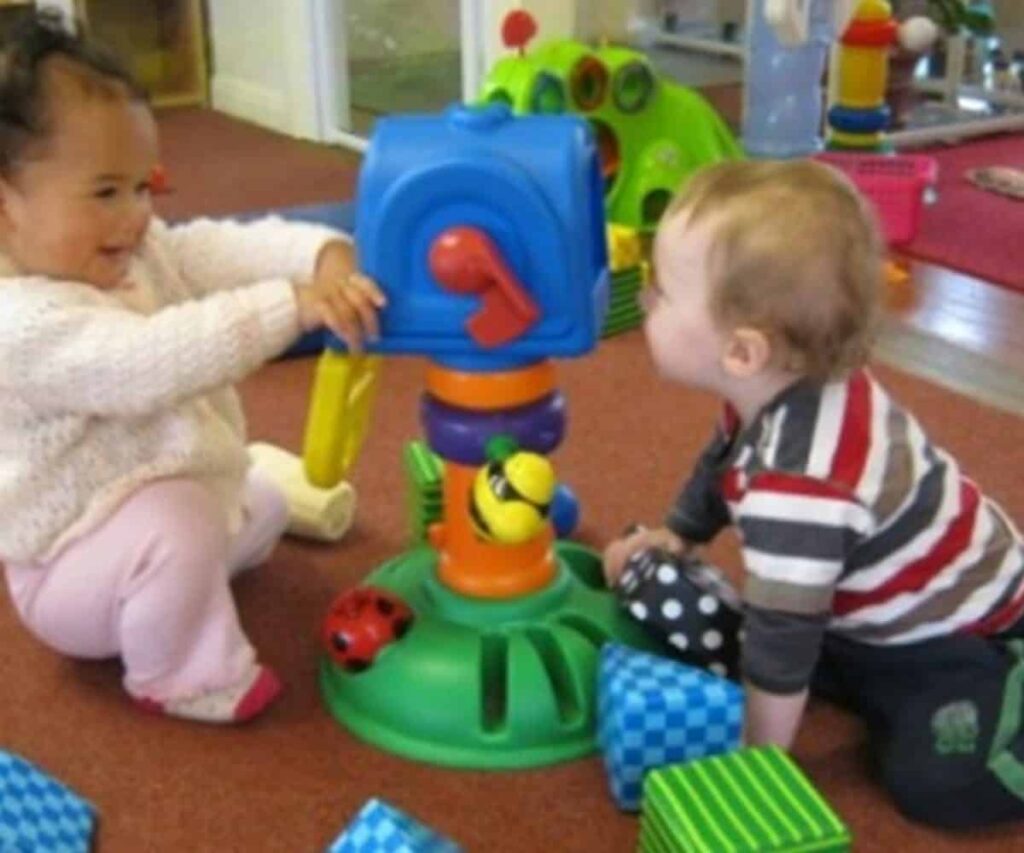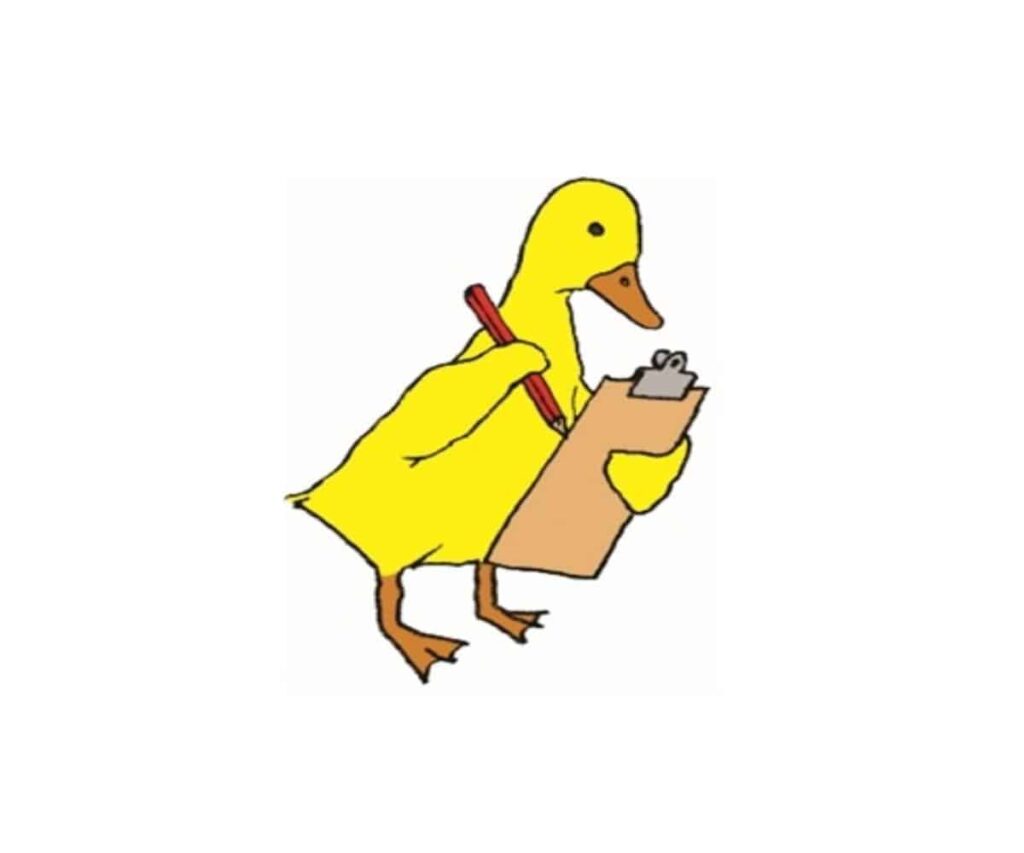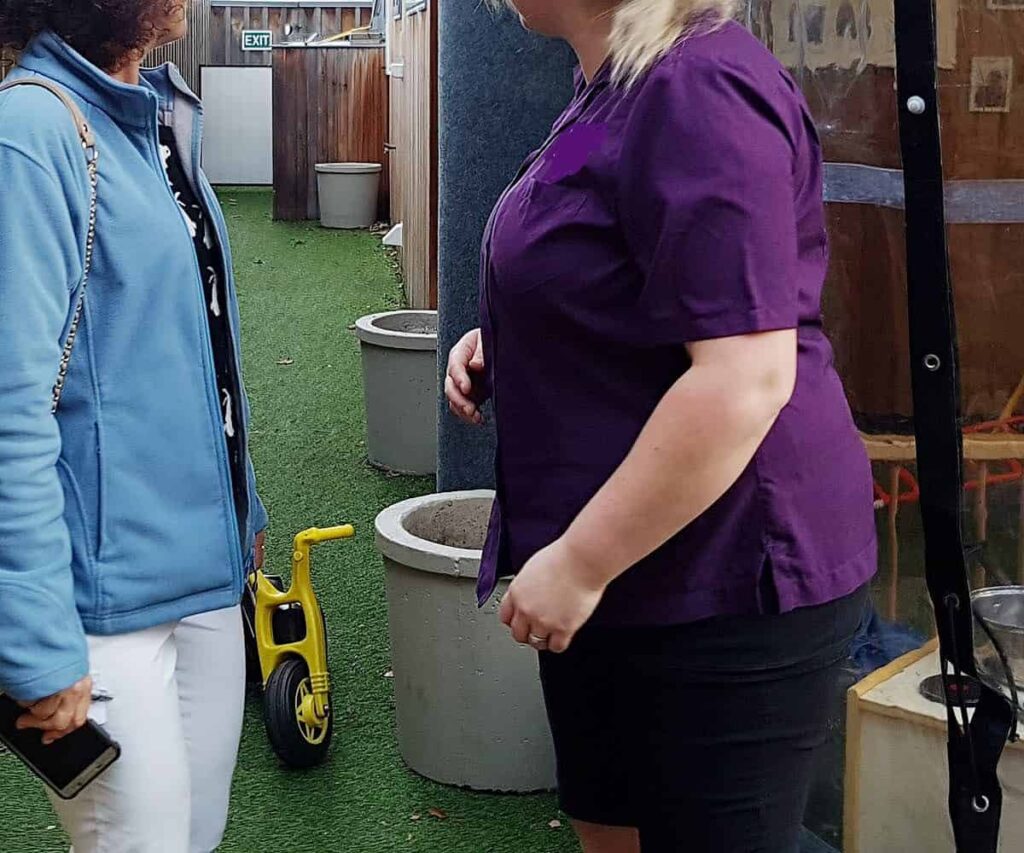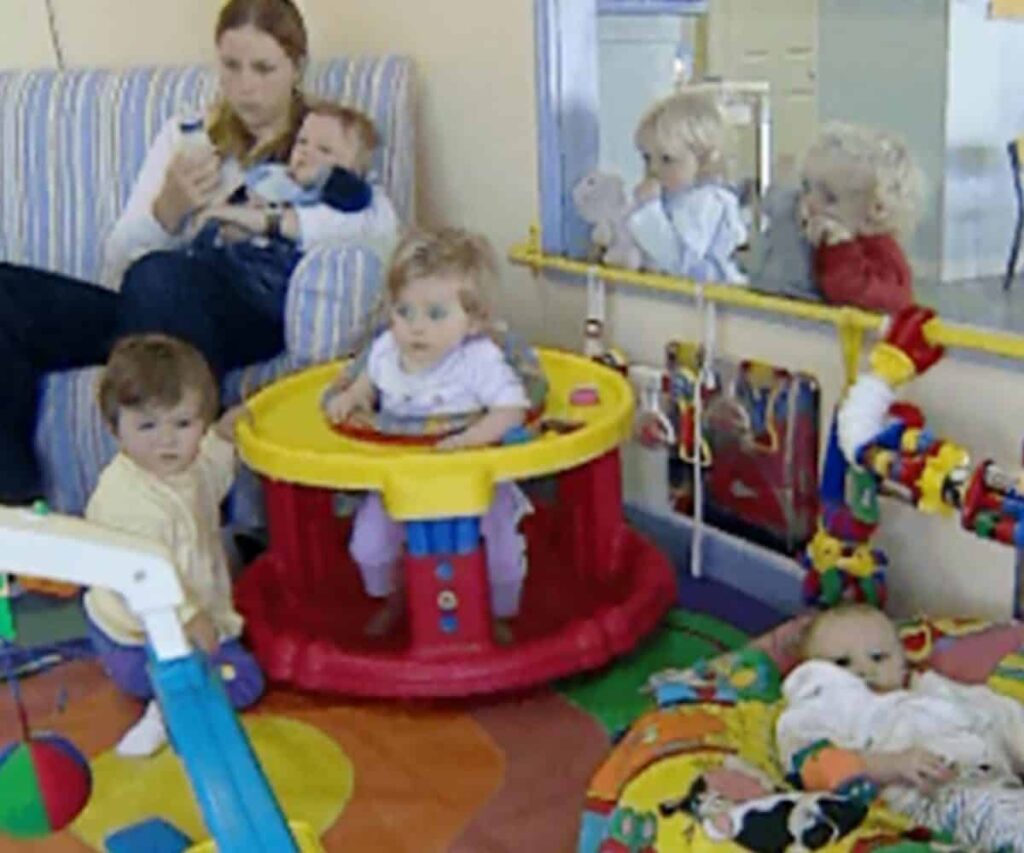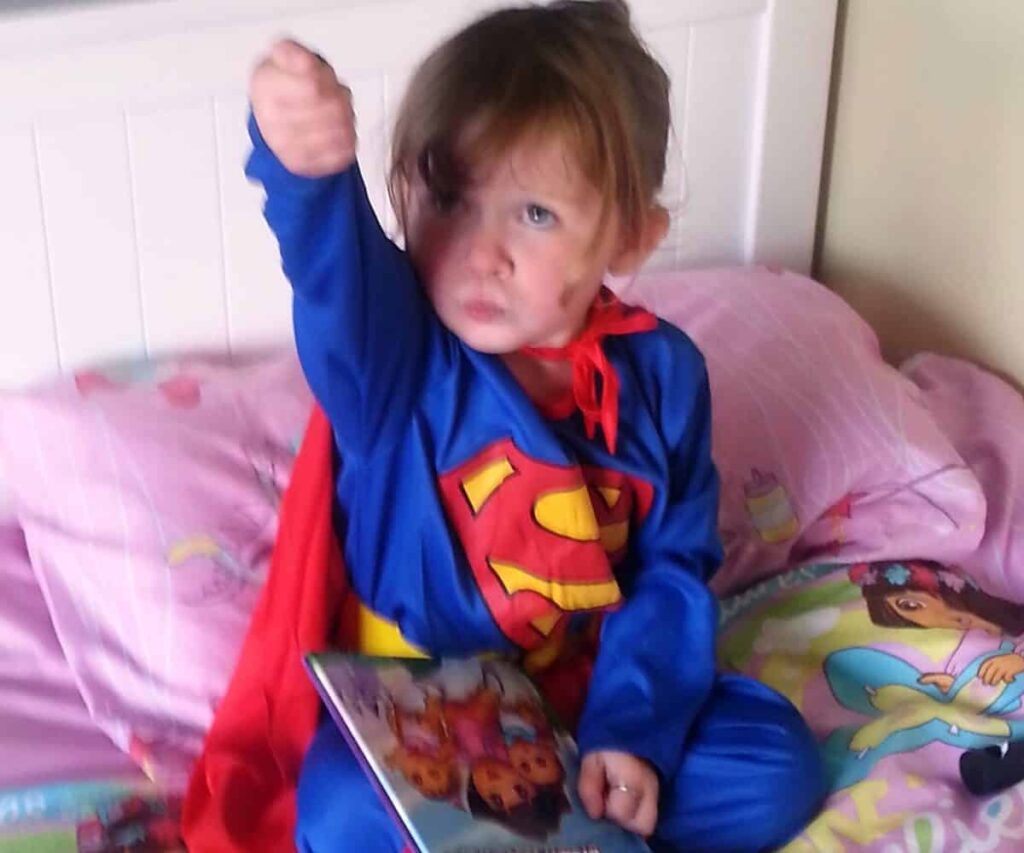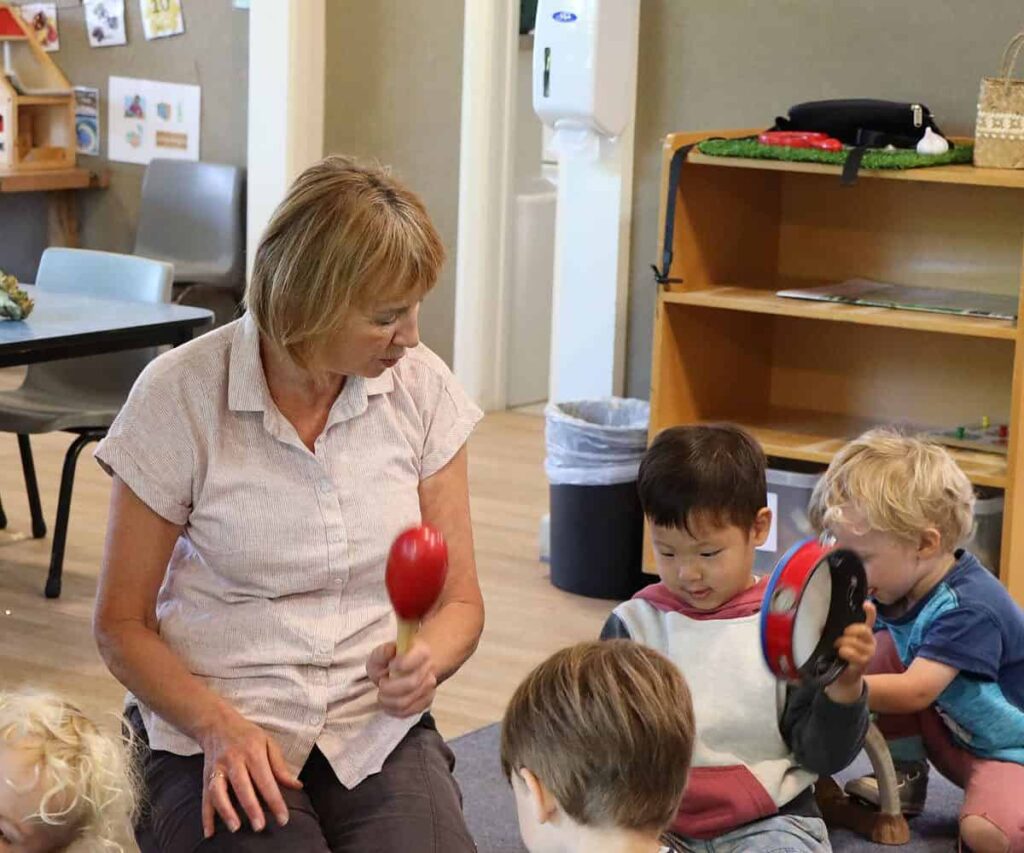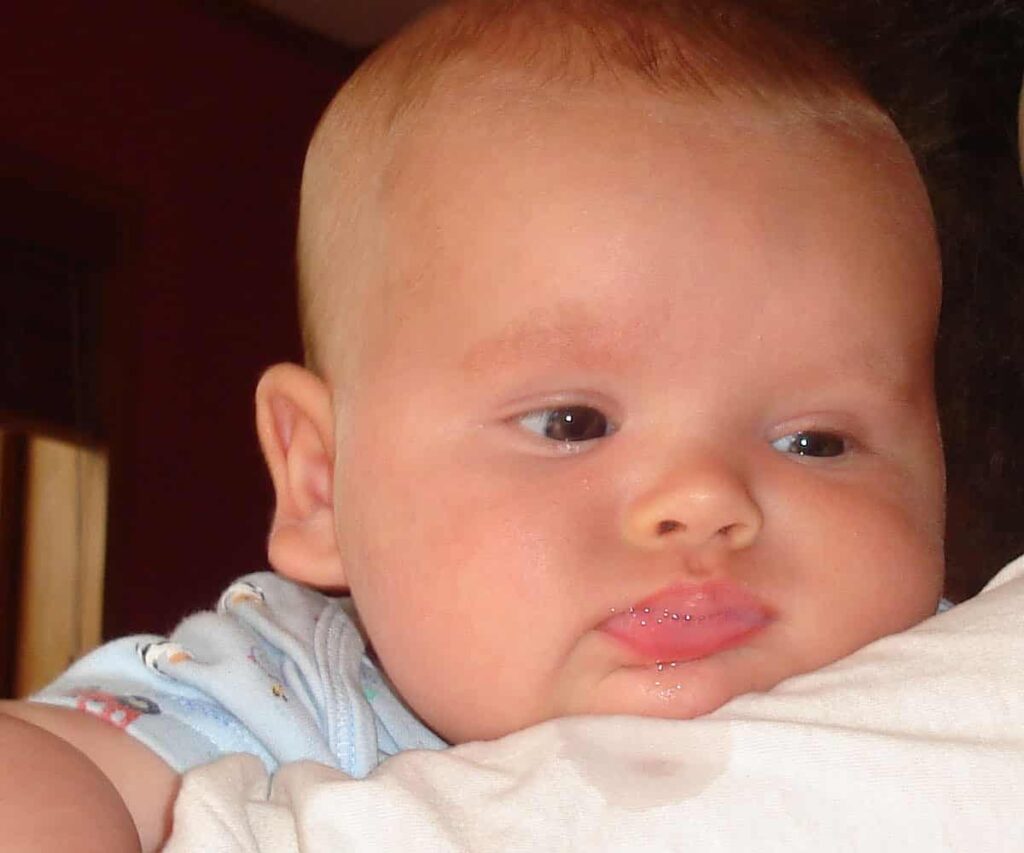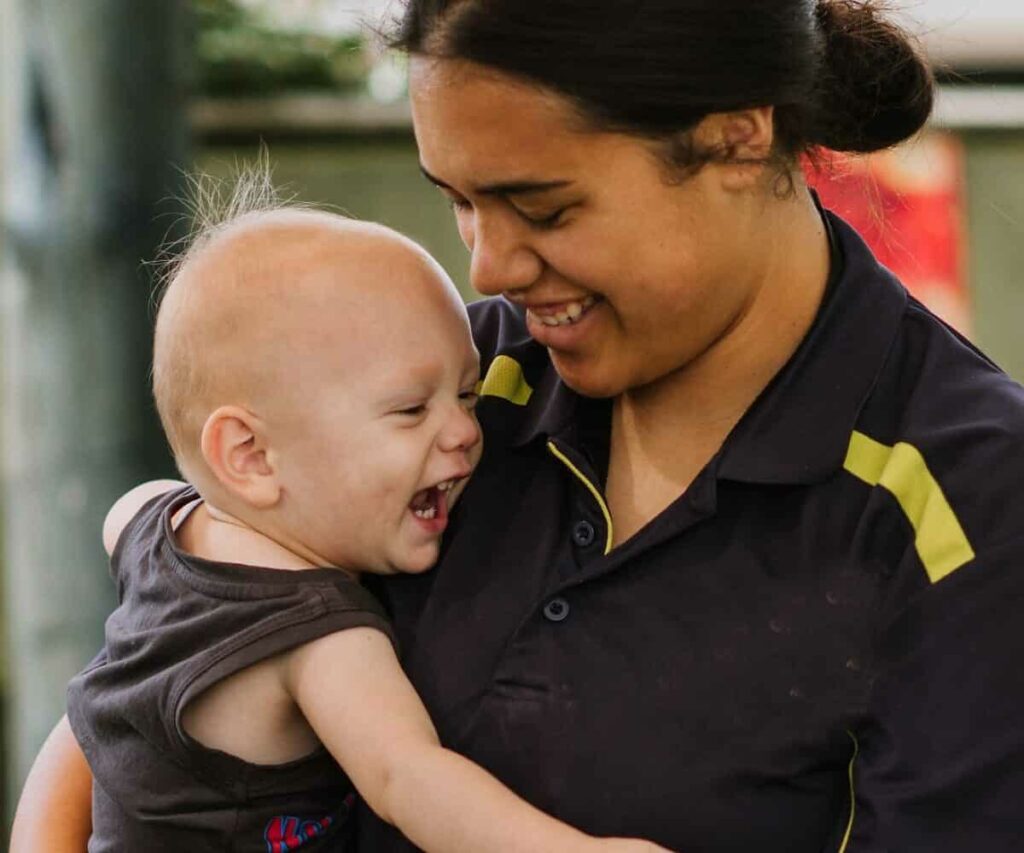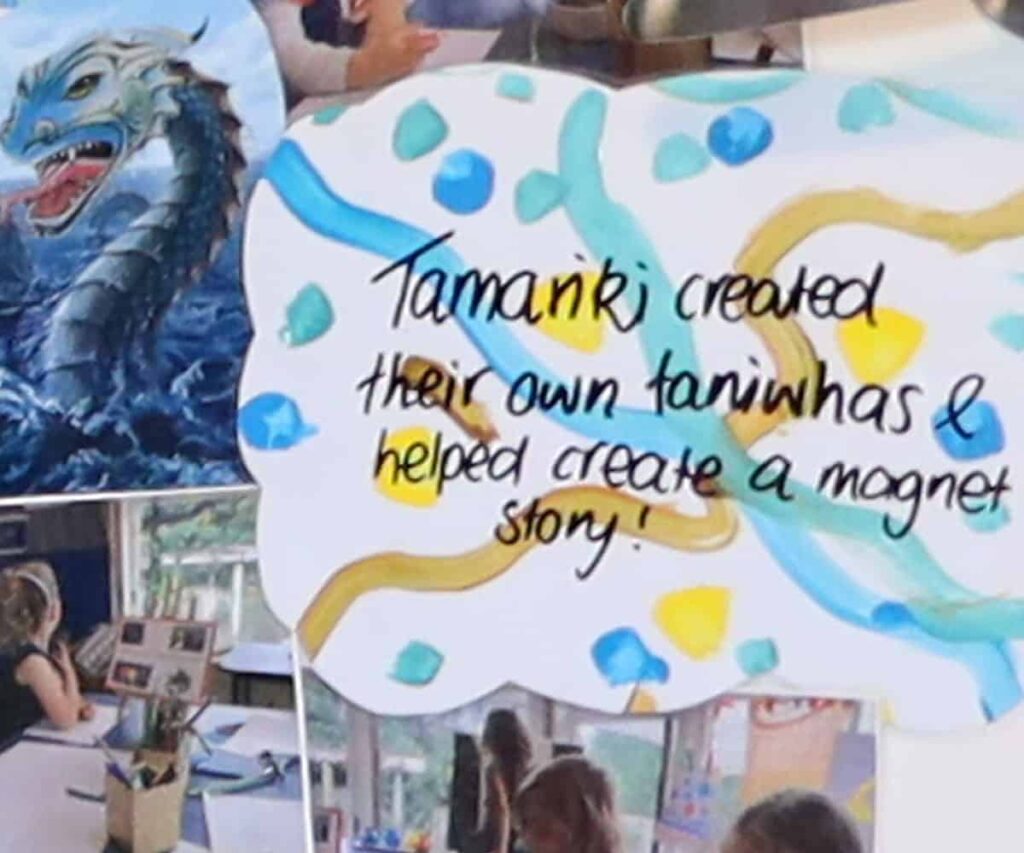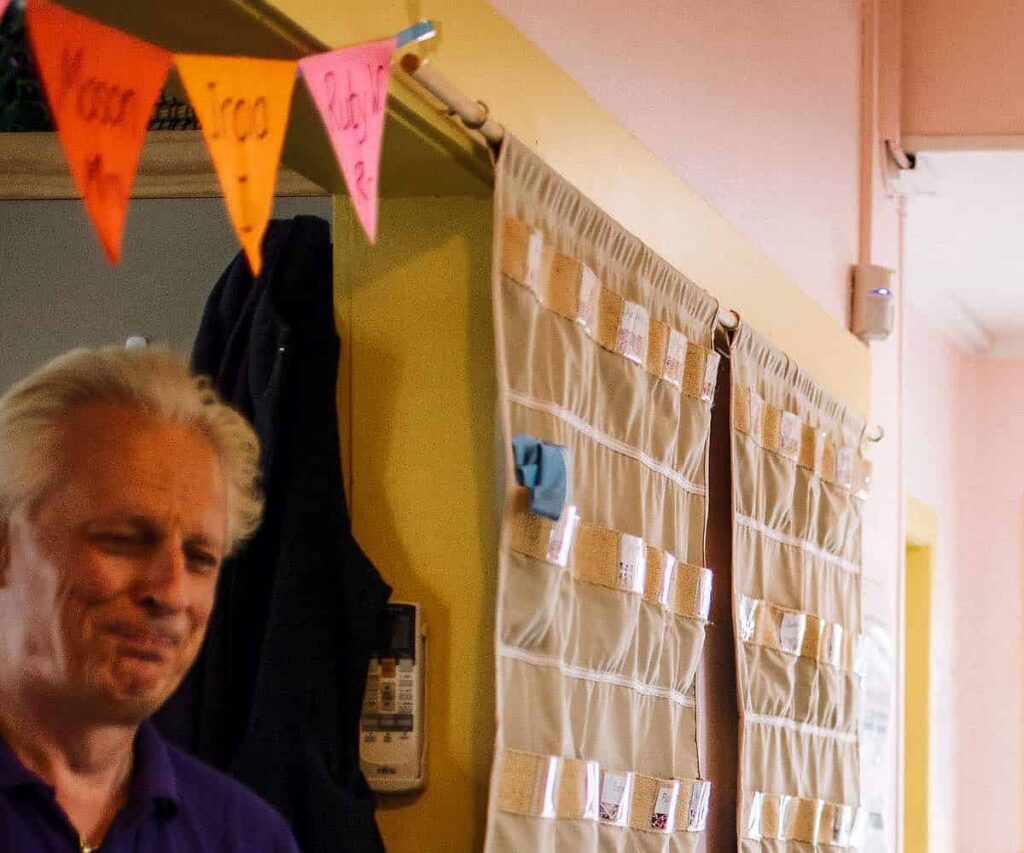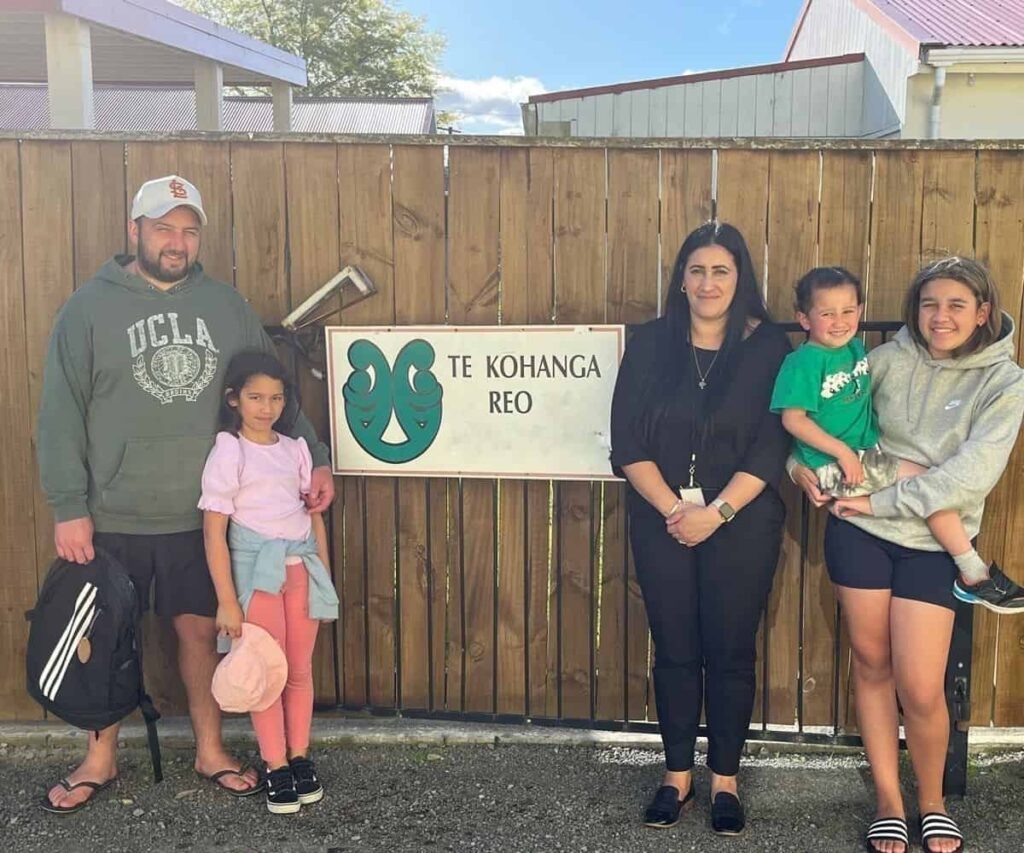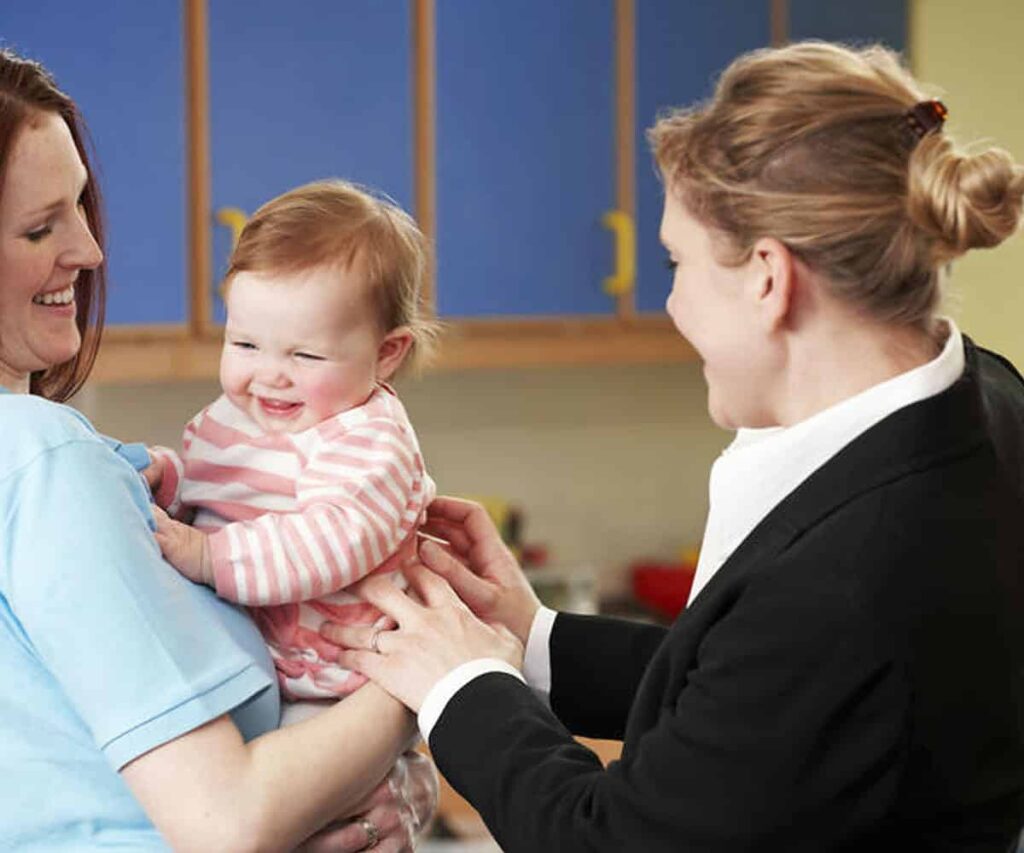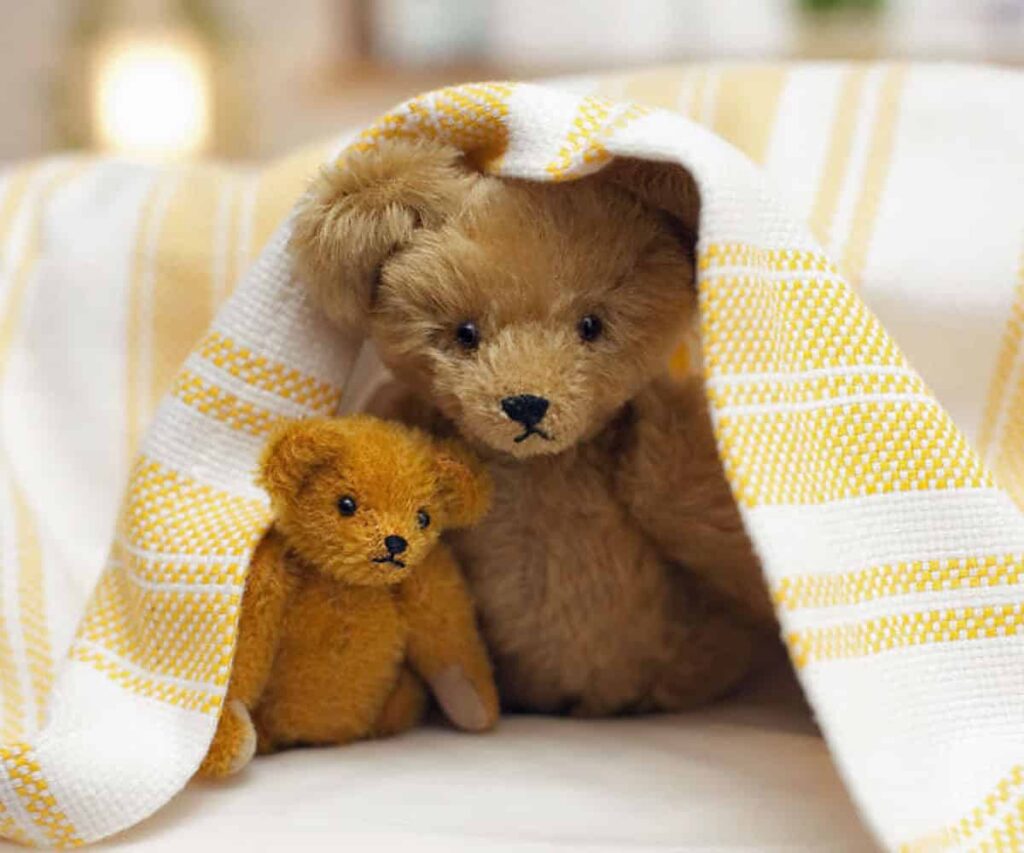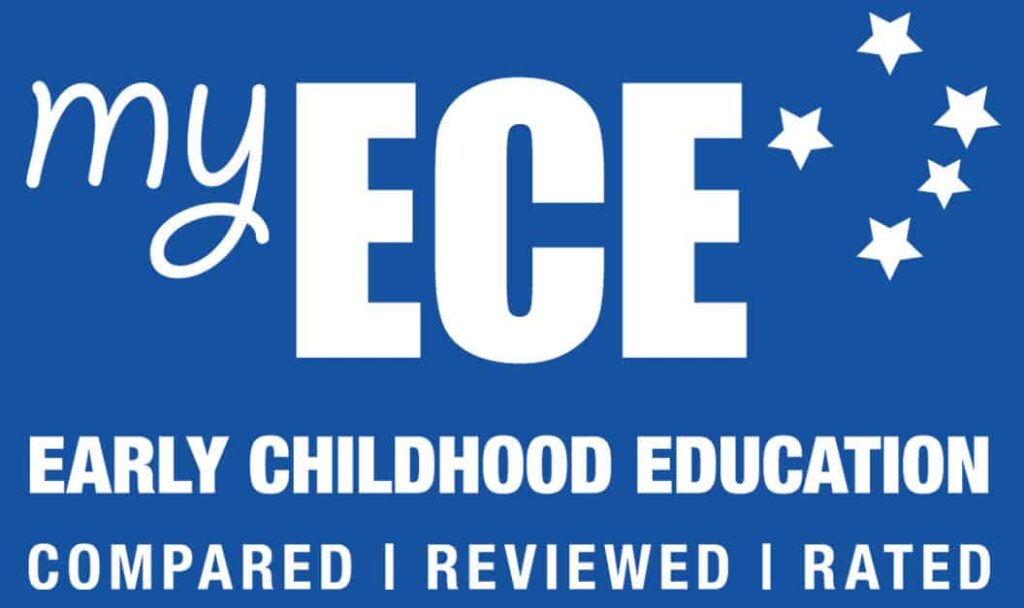All licensed centres and home-based services must meet certain requirements for staff qualifications. There is also a requirement that services have a ‘person responsible’ – this is defined and explained more below.
Staff qualifications relevant to teacher-led centres
- All service types need one person responsible for every 50 children in attendance. Persons responsible in teacher-led ECE centres may hold an early childhood education (ECE) or primary teaching qualification, while in licensed hospital-based ECE services and licensed home-based ECE services they must hold an ECE teaching qualification. All persons responsible must also hold a practising certificate from the Teaching Council of Aotearoa New Zealand.
- At least 50% of staff must hold a recognised ECE qualification (a practising certificate is not required). But the 50% requirement does not mean that 50% of the staff working with children must be ECE qualified. The Ministry of Education calculates the 50% on the number of teachers required to meet adult-child ratios based on the maximum number of children specified on the centre’s licence (licence maximum). The 50% qualified teacher requirement is about the percentage of qualified staff employed and not the percentage present during the day. A centre is legally able to operate with a Primary School qualified teacher as a “Person Responsible” and all untrained staff for at least part of a day or week, or with unqualified relievers all week or for weeks on end.
- One member of staff can be counted in the 50% qualified staff requirement as holding a recognised qualification if enrolled in an ECE course of study that may result in being awarded a recognised qualification within 12 months (i.e., in their last final year of study).
- The full names and staff qualifications of each person counting towards the 50% qualification requirement for the centre licence must be prominently displayed for parents and visitors.
- An early childhood education (ECE) teaching qualification is strictly defined as one recognised by the Teaching Council for registration purposes. This means:
- an NZ ECE teaching qualification, or
- an overseas qualification assessed as comparable to a NZ ECE teaching qualification by the New Zealand Qualifications Authority (NZQA).
Homebased services
- The ‘Person Responsible’ (or co-ordinator) must have a recognised early childhood education (ECE) teaching qualification and a current practising certificate.
- Educators do not need to be qualified – but new requirements mean that by 2025 all educators must hold a Level 4 or higher ECE qualification listed on the New Zealand Qualifications Framework or recognised by the Teaching Council for registration purposes.
Playcentres
- The ‘Person Responsible’ must hold a recognised teaching qualification (see below for more) but is not required to hold a practising certificate with the Teaching Council.
- The qualifications for the person responsible include: NZ Certificate in Early Childhood Education and Care (Level 4); or Playcentre Practice (course 4 of the Playcentre Diploma in Early Childhood and Adult Education); or NZ Diploma in Early Childhood Education and Care (Level 5); or Playcentre in Context (course 5 of the Playcentre Diploma in Early Childhood and Adult Education); or the Playcentre Diploma in Early Childhood and Adult Education; or The NZ Diploma in Early Childhood Education and Care (Level 6); or An Early Childhood Education teaching qualification approved by the Teaching Council.
Te Kōhanga Reo
- The ‘Person Responsible’ must hold a recognised teaching qualification (see below for more) but is not required to hold a practising certificate with the Teaching Council.
- In Kōhanga Reo the funding agreement between Te Kōhanga Reo National Trust Board and the Ministry of Education for individual Kōhanga Reo allows the qualification recognised by the Trust to be the qualification that is recognised. The qualification is called Tino Rangatiratanga Whakapakari Tohu. At least one adult is required to hold the qualification or be in their final year of training and working with a second adult who holds attestation as a recognised native speaker, or one adult in the final year of training plus one in four families undertaking training in Te Ara Tuatahi or Te Ara Tuarua to support the acquisition and use of te reo Māori by whānau in the home and in the Kōhanga Reo.
Failing to meet minimum standards
The Ministry of Education needs to know:
- If you are concerned children’s needs are not being met.
- If you are concerned a service is not meeting a minimum legal requirement for staff qualifications oir the person responsible.
READ MORE: How to make a complaint and your options.
CAUTION: This page and the information here is provided as part of the My ECE Guide to Regulations and Licensing Criteria for Early Childhood Education Services (The Guide). The Guide does not purport to be a full and accurate interpretation of all statutory provisions relating to early childhood education services. While best efforts have been used in preparing this guide, no representations or warranties of any kind are made and My ECE assumes no liabilities of any kind with respect to the accuracy or completeness of the content. Please note that the Government and Ministry of Education may change, update, or alter any of the requirements at any time. Please help to keep the information on this page up to date by letting us know of changes that need to be made.
Thank you! Kia pai te rā
Reference:
Staff Qualifications and Person Responsible Qualifications. Published in the My ECE Guide to Regulations and Licensing Criteria for Early Childhood Education Services, prepared by Dr Sarah Alexander and Warwick Marshall.
Last reviewed: 20 November 2022
